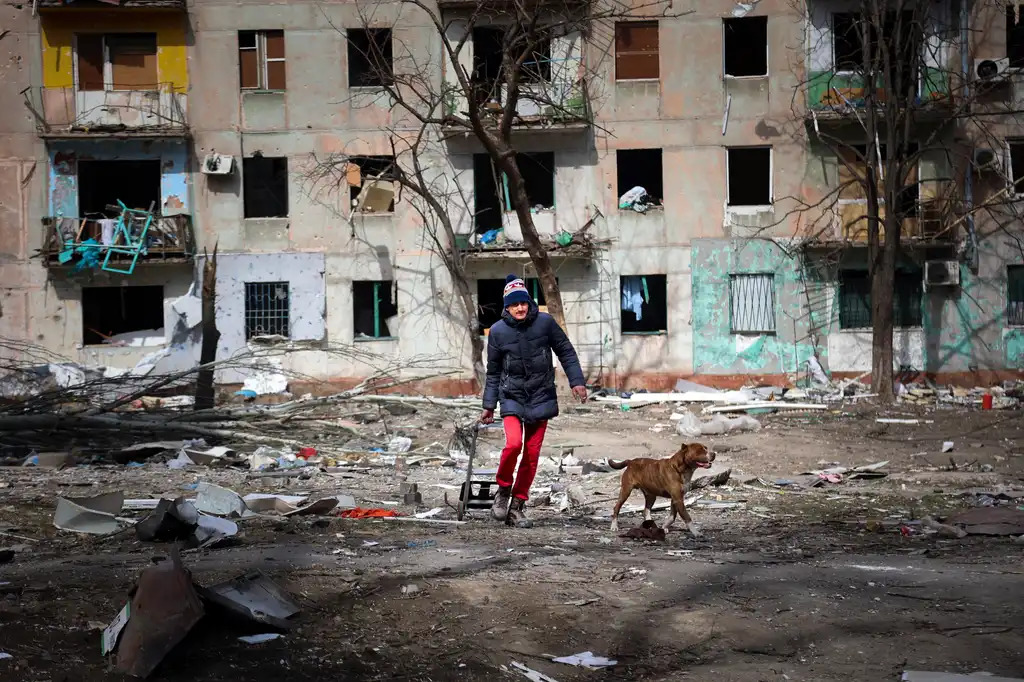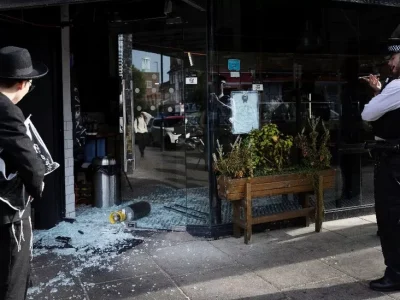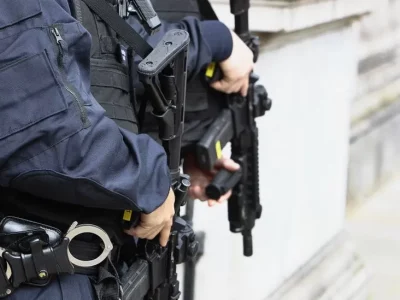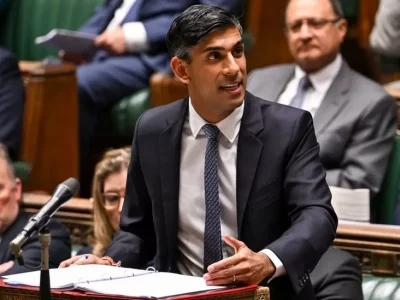The issues Russia has faced with the invasion could result in an increased reliance on mass artillery and missile bombardments, something which could increase the risk of civilian casualties in Ukrainian cities which have already endured weeks of shelling. The latest defence assessment came as Deputy Prime Minister Dominic Raab said there was “obviously scepticism” about Moscow’s pledge to scale back some military operations around Ukraine’s capital Kyiv.

The Russians said the move was intended to “increase mutual trust” in face-to-face peace talks which resumed in Istanbul on Tuesday. But Mr Raab told Sky News: “We judge the Russian military machine by its actions, not its words. There is obviously scepticism that it will regroup to attack again. “The door to diplomacy will always be left ajar but I don’t think you can trust what is coming out of the mouth of Putin’s war machine.”
Mr Raab said reports that Russia was planning to deploy mercenaries from the Wagner Group and from Syria could be a sign of Russian weakness. “It is a worrying sign but it also probably shows you how dependent they have become on other fighters because of the weakness and fragility of the professional forces – and they are reliant on conscripts – which we are starting to see play out a bit in Ukraine,” he said.
“Certainly the Russian war machine, which had a pretty fearsome reputation, has been found to stutter and stumble, in at least the early stages of this campaign.” In its latest intelligence assessment, the Ministry of Defence said the shift in a Russian attack, from trying to besiege Kyiv to focusing on the Donetsk and Luhansk regions of eastern Ukraine was “likely a tacit admission that it is struggling to sustain more than one significant axis of advance”. “Russian units suffering heavy losses have been forced to return to Belarus and Russia to reorganise and resupply,” the MoD said.
![]()





